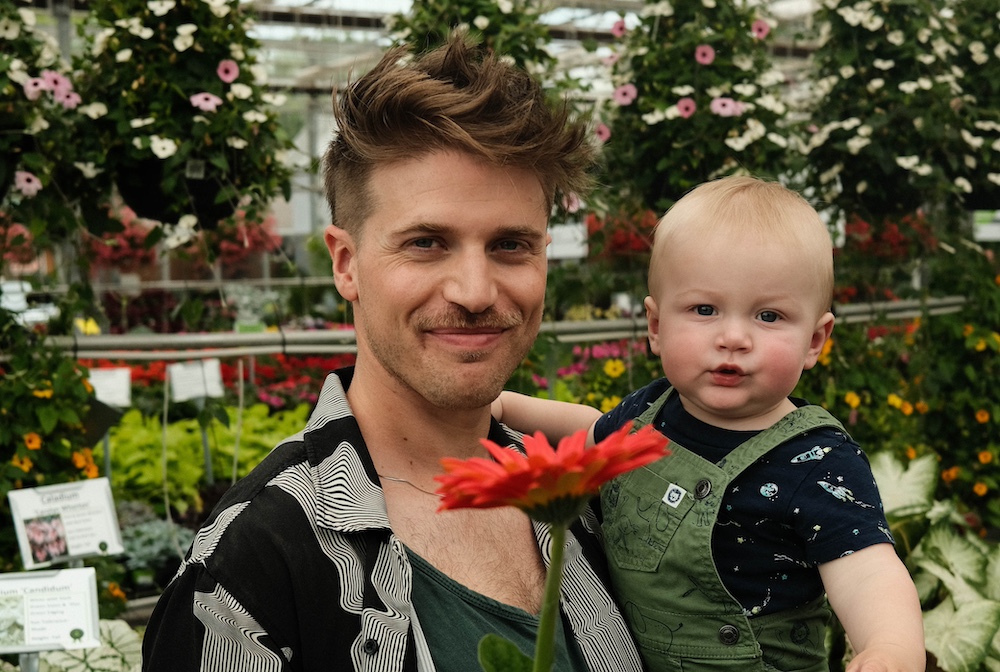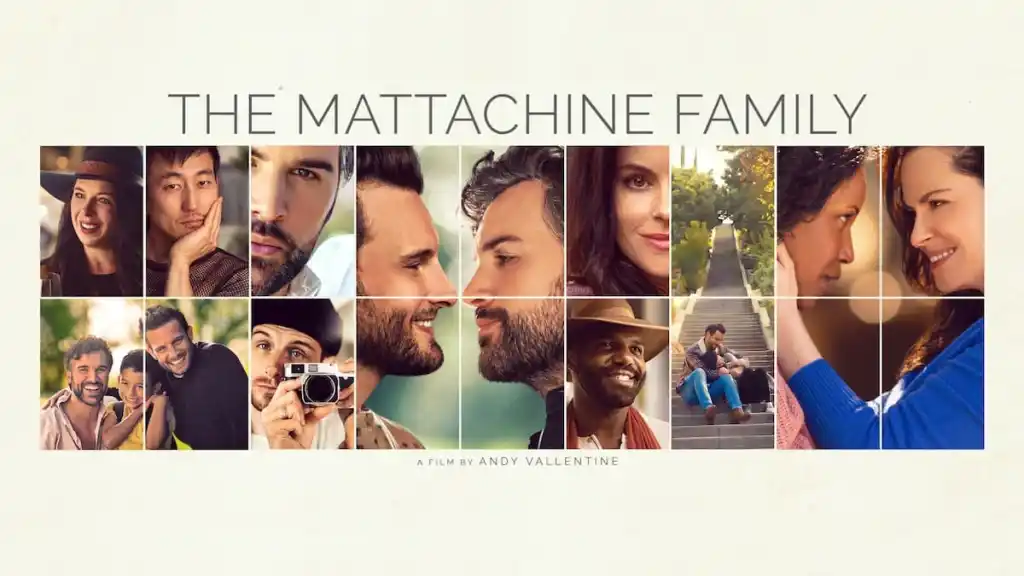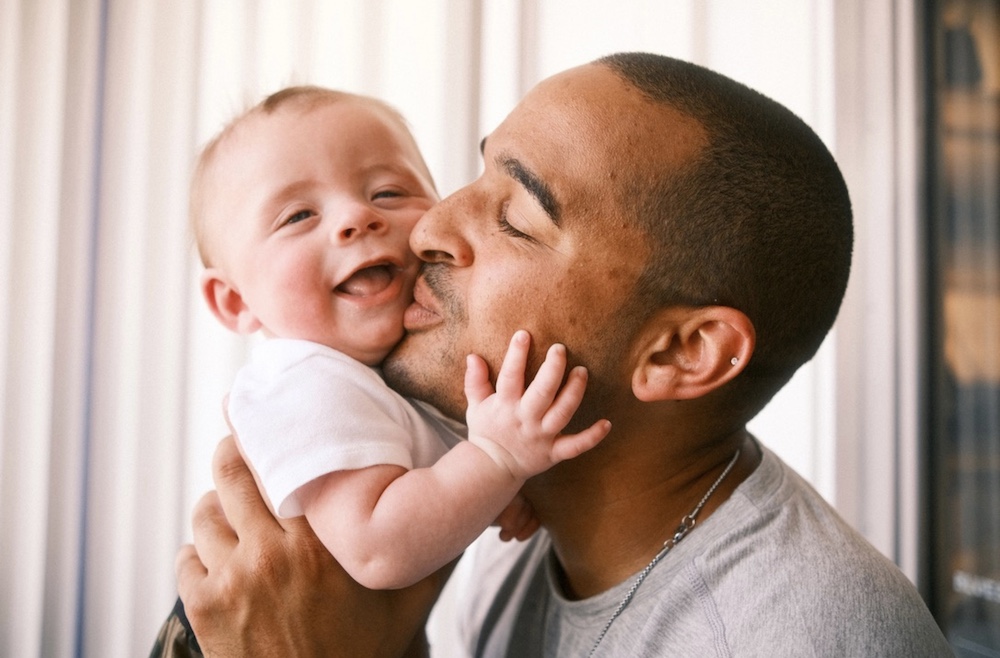#1 What is the first step you encourage prospective foster parents to take?
The first step would be to research private and state agencies to see what avenue is the best fit for becoming a licensed foster home. State agencies tend to have no fees but don’t offer the support of a case manager, while private agencies provide a case manager and may include nominal fees. I would also recommend talking to current foster parents to get an accurate sense of the day to day realities of being a foster parent. This will help to ensure you know what you are about to embark on and that it’s a good fit for your family.
#2 What does the foster care training involve? What’s the timeline?
It varies by state, but in Washington all foster parents must take a 24-hour training before getting licensed. This training gives an overview of the foster care system and covers topics like trauma/neglect/abuse, cultural needs of foster children, child development, attachment, grief and loss, behavior management, and how foster care might impact your family. Foster parents also need to have a valid First Aid and CPR certification. Most private agencies, including Amara, also have a required training for families who decide to work with them. Amara’s training is 6 hours.
In terms of timelines, in Washington it takes about 3-4 months from the time of application to become a licensed foster parent if you work with the state. At Amara, the typical timeline to becoming licensed is 6-9 months. Our process is longer because we spend more time getting to know our families during the home study process so that we have a good understanding of what’s needed to support a specific family once foster children are placed in the home.
#3 What kind of paperwork and personal information do potential gay foster dads need to provide the agency?
Prospective foster parents will need to submit an application that consists of basic demographic information. Once they turn in their application, parents will complete a personal narrative/family history document that describes their childhood, relationships with family members, work/educational background, relationship/marital history, experience with children, parenting/discipline style, and desired age/gender/special needs of children they are hoping to foster in their home.
Each applicant will need to get a medical report completed by their primary care physician, and complete one financial document per household detailing the family’s general financial health. References from friends and family will also be completed by individuals chosen by the prospective foster dads.
Last, all foster parents will have a background clearance completed on them to ensure they don’t have past criminal issues that could prohibit them in becoming a foster family.
#4 How many professionals are assigned to a family, and what role do they each play?
At Amara, each family is assigned a social worker that will write their home study, foster license their home, and provide case management support once foster children are placed in the home. When a family is awaiting placement, they will also work with our child placement coordinator who receives all placement requests and forwards them along to the foster family, as appropriate, based on the type of child the foster parents are seeking to parent.
#5 Who will be your first port of call at the agency if you need anything or have any questions?
Most agencies have someone like me in their recruitment, outreach, or intake department that handles inquiries and questions from prospective foster parents. Once a family submits an application, their first point of contact will be their assigned social worker.
#6 What are the key personal traits that agencies look for in potential foster dads?
During the home study process, agencies will assess prospective foster families to ensure they can provide a secure, safe home for foster children. Some qualities that make foster parents successful are flexibility, openness to learning, good communication skills, stability, organization/structure, and most important the desire to make a difference in a child’s life.
#7 What does the home study entail, and should gay dads worry about it?
The home study is an assessment of a family to pre-approve them for foster care and adoption. A family will be assessed to ensure they can provide a safe and secure home for children. Some issues that will be explored include stability in their overall life and relationship with partner (if applicable), emotional health, childhood experiences and relationship with family members, and thoughts about parenting and discipline practices.
The goal of the home study is to gain a better understanding of the applicants and to gain an understanding of what type of child the family is prepared to parent in terms of age, level of special needs, gender, and number of children (i.e., are they appropriate for a sibling set). The home study process can be intimate and explore personal issues, but this is done to ensure we are approving homes that will not add further trauma to foster children. In addition, having past adversities or challenges in life often will not lead to a foster family not being approved. Instead, the social worker will explore how the applicant addressed any significant past issue(s) and talk about how the prospective gay dad handled this adversity and the strengths gained in overcoming the issue(s).
#8 How much guidance do the agency professionals give potential foster dads?
Foster families choose to work with Amara for the extra support throughout their foster care and adoption journey. In addition to the support from your social worker, we have monthly support groups, in-house trainings, and are well connected to community resources that support foster families.
#9 What information will an agency give intended foster parents about the children that are to be placed with them?
Amara provides all the information we get from the state about foster children, with the exception that we can’t share some limited birth parent information due to confidentiality. A typical referral of a foster child will have their name, age, gender, racial and ethnic background, whether they are part of a sibling set, and an overview of their overall functioning.
#10 How long should dads expect a placement to take?
The wait time to get placed depends on several factors and can range from a few weeks up until about a year. Typically, families who are seeking to parent young children wait longer than families who want to parent older children. Families who are open to talking in siblings also tend to have a shorter wait.
#11 What can a potential foster parent say “no” to? And will this hurt any future chance of placement?
Foster parents can say no to any child they don’t feel they are equipped to parent. This will not hurt the prospect of future placements, because we prefer that a family wait for a more appropriate placement than to say yes to a placement they don’t feel fully confident in foster parenting. Families who feel less confident in a placement are more likely to have a disruption, meaning the child moves out of the foster home before anticipated, which is something we to hope avoid given the instability a foster child has already experienced in their life.
#12 How can future gay foster dads-to-be ensure that their agency is gay friendly and affirmative?
Do research online to see how they portray LGBTQ families in pictures and how they talk about working with LGBTQ families on their website. Human Rights Campaign has a program called All Children, All Families and they certify agencies across the country as being culturally competent to work with LGBTQ families (Amara has this certification):
http://www.hrc.org/resources/all-children-all-families-list-of-participating-agencies
The last thing I would recommend is to talk to other gay families to hear about their personal experiences with various agencies.
Trey Rabun graduated with his Master’s in Social Work from the University of Washington in 2011 and soon after begun his career at Amara. He also holds a Bachelor’s Degree in Psychology from Hampton University and a Master’s Degree in Human Development and Family Studies from the University of Illinois. Trey spent 4 ½ years as a case manager at Amara assessing, licensing, and supporting foster parents and their foster children. In April 2016, he took on a new role leading Amara’s efforts in outreach and recruitment of foster parents. Personally, Trey and his partner have been foster parents for about 1 ½ years and currently have a two-year-old foster child. In his free time, Trey enjoys cooking, traveling, and playing with his Pug.






